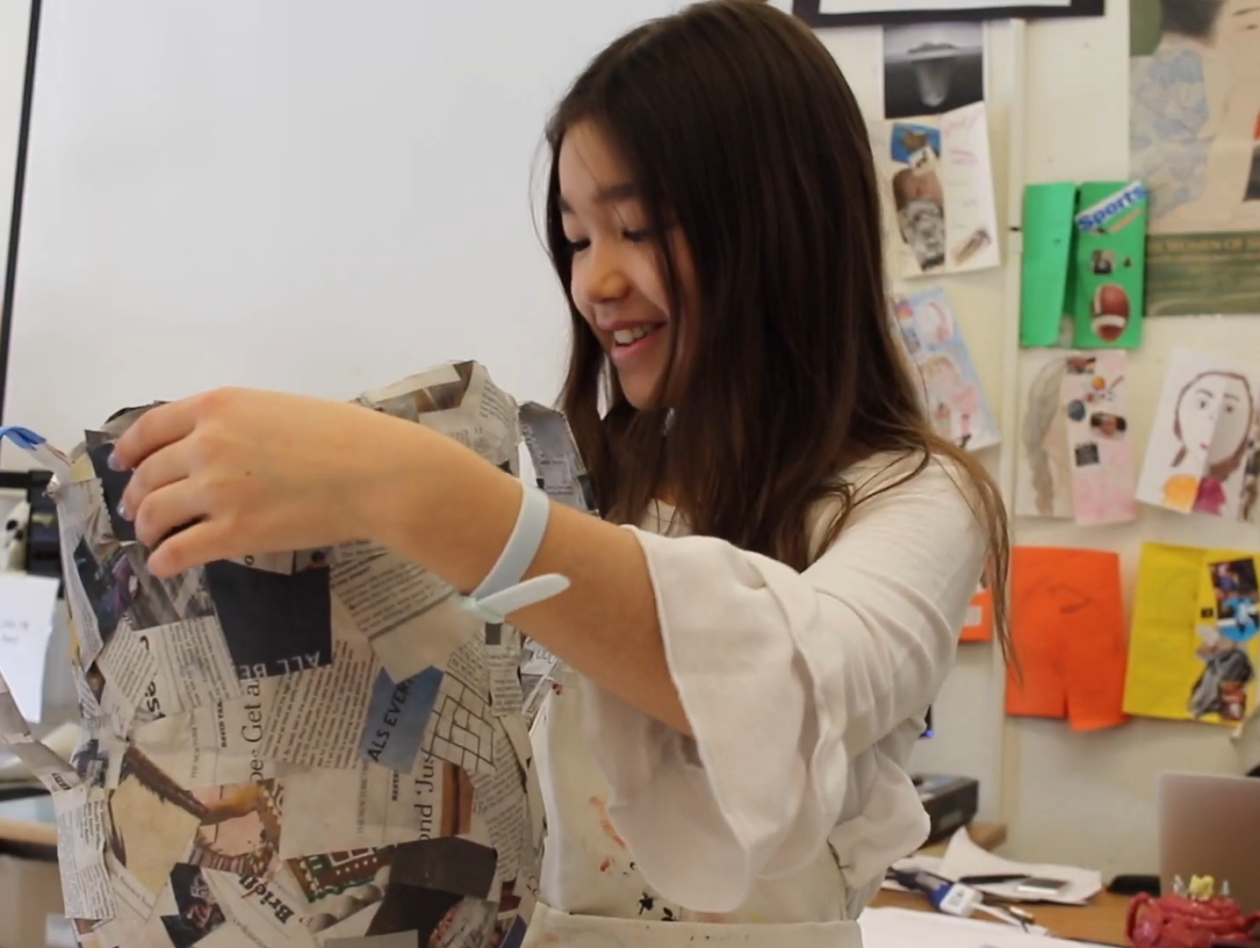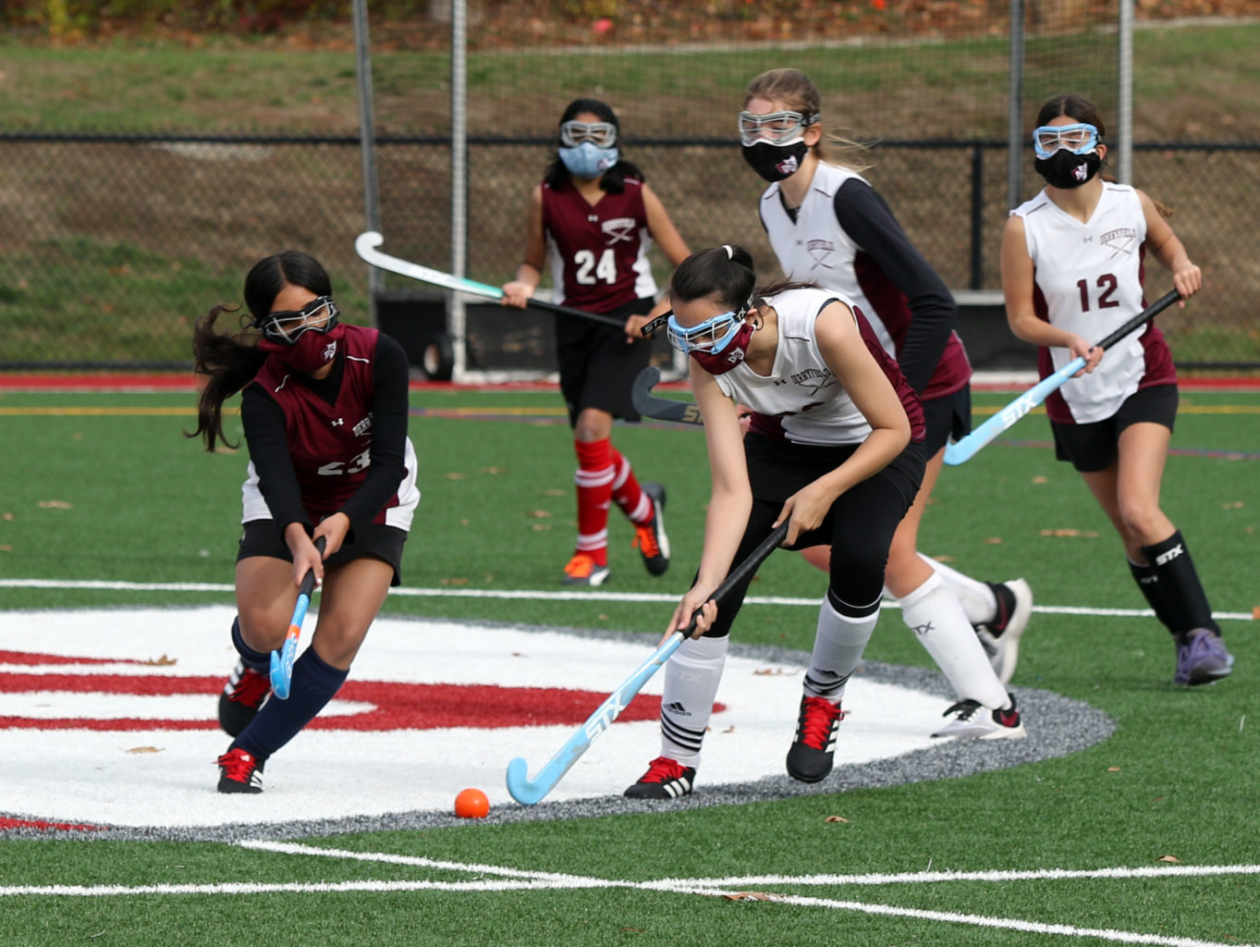Middle School World Language
The Philosophy
The purpose of the World Language Department is to guide students as they develop the skills necessary to communicate and to interact effectively and empathetically in an increasingly interconnected world. The study of language develops the student’s ability to compare and connect his or her own way of life to the global community. We encourage our language students to use their linguistic skills and cultural knowledge beyond the classroom. The World Language Department believes that the study of other languages and cultures is a vital part of a student’s secondary-school education. Guided by the philosophy and guidelines for language learning in the 21st Century of the American Council of Teachers of Foreign Language [ACTFL], we focus on student engagement and construction of understanding through critical-thinking, creative collaboration, and communication in the target language.
Classical World: Latin and Classical Studies
Open to: Grade 7
In this trimester course, students engage with the Latin language, Roman mythology, history, culture and traditions. Students explore all facets of ancient Roman society, from gladiators to gods; battles to baths; dinner parties to dialogue; politics to pestilence; chariot racing to couture, and beyond. All the while, students draw parallels between modern society and the distant past. Students also gain experience with Latin, acquiring a robust vocabulary to engage in conversation and describe their surroundings.
Latin I
Open to: Grade 8
This year-long course introduces students to the world of the ancient Romans and their language. The course covers the fundamentals of the Latin language by studying its grammar, morphology, and pronunciation with the goal of translating appropriately-leveled Latin readings through the Suburani textbook series. In their translations and supplementary readings, students study aspects of Roman daily life with a focus on the town of Pompeii and its well-preserved ruins. Class activities include practice through Latin readings, reading and pronouncing Latin words, and, occasionally, Latin composition. Ongoing discussions and creative projects, such as the “Bringing Latin to Life” project, engage students with various aspects of Roman daily life. As English and other Western languages are in large part derived from Latin, students will use their study of Latin to learn how modern languages function.
Spanish Language and Cultural Studies
Open to: Grade 7
In this trimester course, we engage students in the remarkable diversity of Spanish-speaking cultures around the world. Students begin to build a linguistic foundation in the target language while also exploring Spanish and Latin American cultures in English. We explore media such as short stories, film, music, and websites. Speaking is highlighted within such formats as pair dialogues, group conversations, skits, and student videos.
Spanish I
Open to: Grade 8
Learning Spanish not only benefits the brain of the student, it can broaden the worldview of the learners. In this year long course, students gain basic vocabulary and grammar scaffolded in six thematic units and varied interactive activities to be able to read, write, listen, and speak in the target language. Through adapted cultural readings, short videos, music, and audios, students discover traditions, customs and history of some of the Hispanic cultures and communities in the U.S. and abroad. Students compose oral presentations, simulate numerous interpersonal situations, and solve many interpretive challenges. Students will complete various performance tasks and projects such as recording videos in Spanish to introduce themselves and their classes or writing original comic strips using the verb estar .




